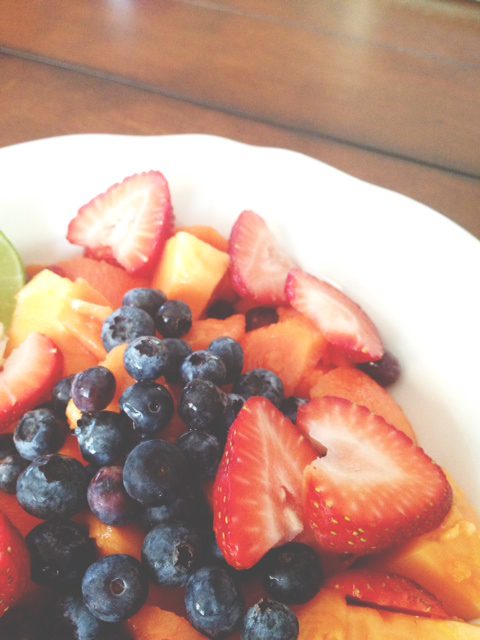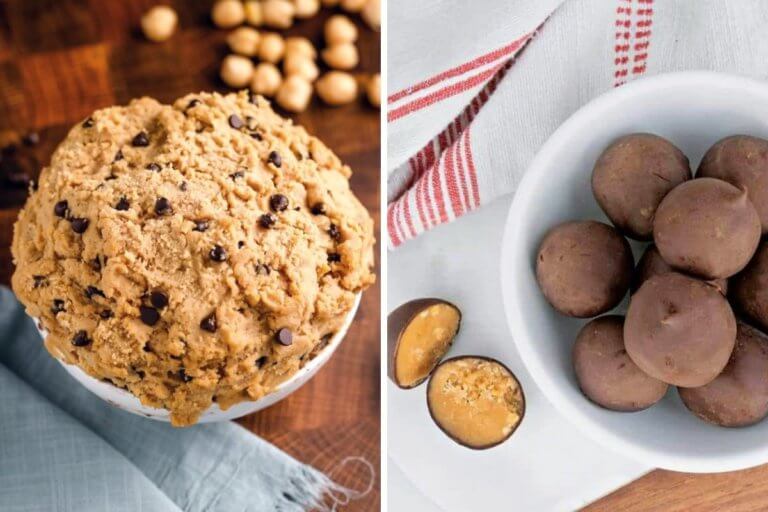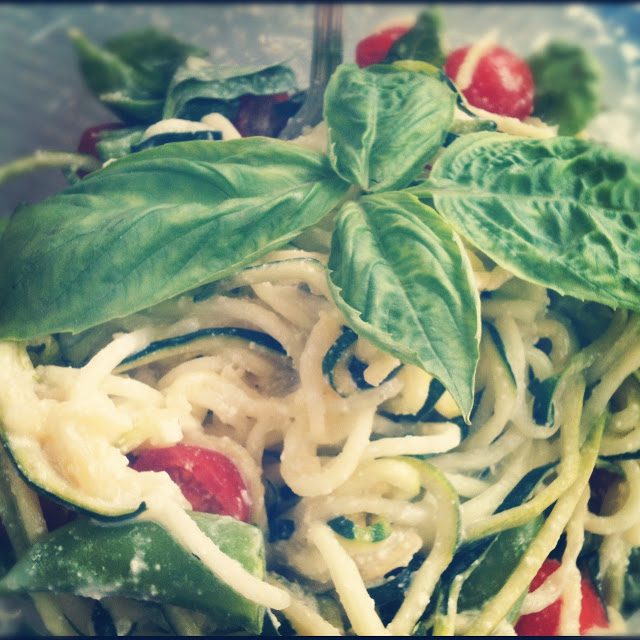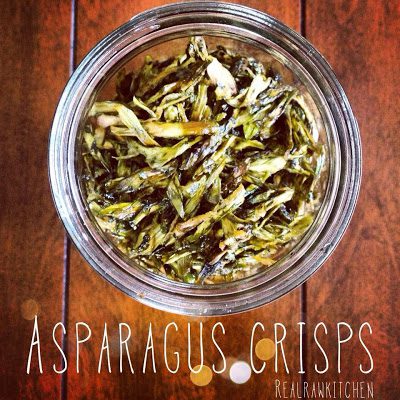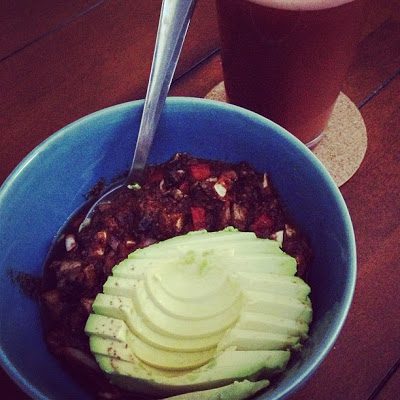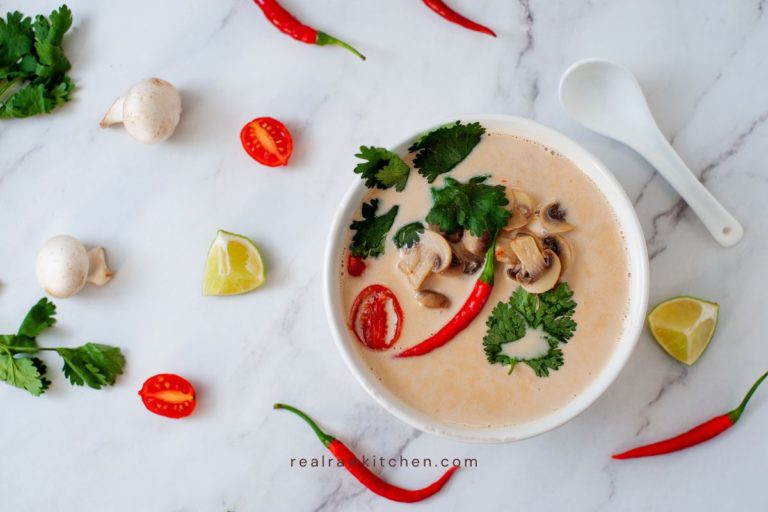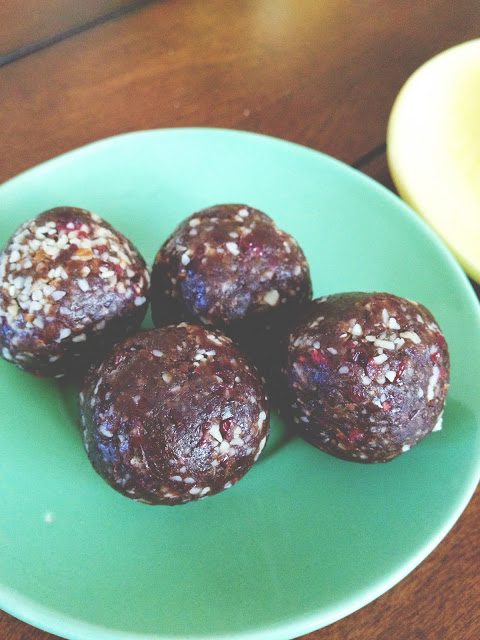Guest blogger from Crazy Sexy Life writes about the common myths surrounding veganism. It is just TOO good not to share.
Vegan Myths Debunked
All vegans are skinny, white women
We come in all colors, shapes, sizes and genders. Not all vegans are frail/anemic-looking waifs either – some are ultra-marathoners, UFC fighters, famous talk-show hosts, actors and actresses … most, however, are regular men and women. You can’t look like a vegan; you can just live and eat like one.
There’s also an often unspoken view that veganism isn’t very manly since Real Men eat meat. To that I’d say that real men take care of their bodies and want to decrease their risk of things like prostate cancer, diabetes and heart problems (all of which have been shown to worsen due to the consumption of meat and dairy).
Vegan food is all weird soy-based fake meat and cheeses
There are a lot of faux meats and dairy-free cheeses, but they’re not the only option for eating a plant-based diet. Think of them as “gateway drugs” for eating less meat and dairy. They offer comfort in similarity to a “typical” diet and some taste pretty good too. These products are really good for a transition from SAD (Standard American Diet) to a diet more focused on lots of whole vegetables, fruits, nuts, seeds and grains. It is really easy to eat vegan without them though, and focus more on eating a variety of whole, plant-based foods.
Veganism isn’t healthy
Technically, you could call yourself a “vegan” and live on potato chips, Oreo cookies (these are vegan because they don’t contain any actual food) and diet soda. But one of the main benefits of an intelligent, plant-based diet is the sheer diversity of whole foods you can and should eat on a daily basis. Every single day I eat more whole foods than I have fingers and toes. Add up all the fruits, veggies, nuts and seeds I’ve consumed by bedtime and it would total far more than 10. Countless studies have shown that eating this way can effectively treat, and even prevent, a slew of chronic diseases. Some real dangers and potential killers related to a non-vegan diet include cancer, diabetes and heart disease – all of which have been linked to dairy and meat consumption by actual medical journals, written by established scientists. So eating a plant-based diet can be really healthy, if you do it correctly.
Vegans can’t get enough protein or calcium
This is definitely the question that vegans hear most often. But when was the last time you heard of anyone being protein deficient in the Western world? It just doesn’t happen – among vegans or omnivores. I get my protein from eating a well-balanced, whole foods diet. There is protein in nuts, seeds, vegetables and many other foods. North Americans are obsessed with protein, and really, we eat far too much of it. If your diet includes various and diverse plant-based foods, you’ll get enough, even if you’re very active. Good sources of protein include foods like almonds, lentils, quinoa, beans, broccoli, tempeh and chickpeas. And none of these proteins have bad fats or cholesterol (bonus!).
Personally, I know that dairy is not a good source of calcium, but I definitely believe the milk industry has an insanely good marketing team. There’s more calcium in small amounts of broccoli, molasses, kale, grains or soy than in a big glass of cow’s milk. There are lots of cultures, past and present, that have never consumed any dairy as part of their diets, and they haven’t shriveled up and died from a lack of calcium.
Veganism is too militant/absolute
Being vegan isn’t a religion or exercise in absolutism. If you are vegan (or heading that way), it doesn’t mean you’ve got to sign up for a militant animal rights group or protest naked outside fur shops. If that’s your thing, all the power to you for making a difference. You can also make a difference in a more subversive way by making omnivore friends a delicious plant-based meal or simply by buying fewer animals and animal products. There are as many types of vegans as there are types of non-vegans – so whatever works for you is the best thing you can do for “The Cause.”
For every study or piece of research published about the benefits of a plant-based diet, there’s a news article that claims the latest healthy eating trend is actually horrible for you. I will offer this key piece of advice: Learn who funded the research you just read, or if it’s an article on a website or in a newspaper, ensure it’s based on a scientific find and not paid for by the meat or dairy industries. There is, unfortunately, a lot of money spent to make people think that meat and dairy are good for you, even if science says otherwise.
Finally, remember that veganism isn’t for everyone. It’s just for folks who want to stay healthy, feel good, live longer and generally be really awesome.
Paul Jarvis is the author of “Eat Awesome: A regular person’s guide to plant-based, whole foods.” He believes veganism is love – and that deliciousness always trumps dogma. He lives with his amazing wife Lisa, in Tofino, British Columbia.
